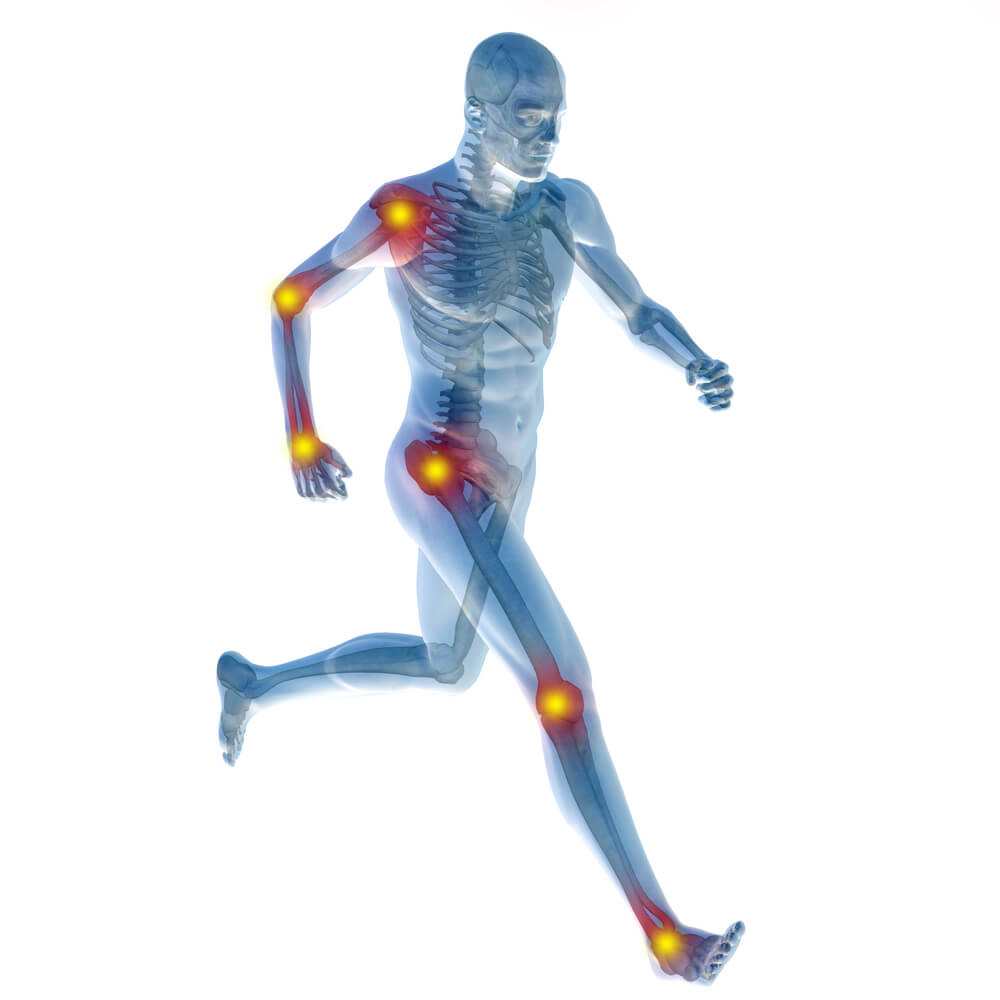Arthritic pain affects millions of people around the country every day, and while you may think it only plagues the elderly you’d be wrong, so it’s time to take care of your joints.
Today marks the start of National Arthritis Week, a week where Arthritis Research UK aims to bring awareness to the problem that affects 10 million people in the UK.
There are a number of symptoms that come with arthritis, these include things like stiffness, chronic joint pain, reduced mobility, inflammation and chronic fatigue.
The condition is usually onset between the ages of 40 and 60, but it can affect people of any age – so it’s important to know how to care for your joints.
Table of Contents
Understanding arthritis
Mr Zameer Shah, Consultant Orthopaedic, and Trauma Surgeon at London Bridge Hospital (www.londonbridgehospital.london) shares his knowledge to give us a better understanding of arthritis:
What causes arthritis?
Arthritis is a group of inflammatory degenerative conditions affecting joints, large and small, and in the young and old. The most common are Osteoarthritis, usually referred to as wear and tear and Rheumatoid arthritis, an autoimmune disorder. There is a strong genetic association/predisposition in these conditions.
What are the treatment options available?
Most patients will be treated conservatively using a multidisciplinary approach involving anti-inflammatory medication, physiotherapy, and occupational therapy. Although some cases may require surgery to eliminate the pain, correct deformity and restore function.
What are the risks of not treating the condition at all?
Arthritis is a progressive condition. We try to reduce its rate of progression with medication and therapy. If left untreated, it can ultimately destroy the joint so that the only option is that of joint replacement.

It's important to take care of your joint health for later in life
What are the possible side effects of taking medication?
Most of the medications used are relatively safe. Some of the stronger anti-inflammatory agents do have side effects and your doctor will monitor these with regular blood tests.
Would physical therapy help those affected with arthritis?
Exercise is vital for those who want healthy joints, and to keep them healthy exercise is the best option. Low impact is the better choice, such things like swimming, cycling, rowing and using the cross trainer. Speed walking is another good option.
You could also try Pilates or yoga, which work to help strengthen the muscles too.
Exercise is important because it ensures we keep our heart healthy and maintain muscle too, both of which are beneficial to them and for any future surgery.
Are there any lifestyle changes that you would recommend?
The benefits of living a healthy balanced lifestyle are well established. Keeping weight within the recommended levels for height, regular exercise, stopping smoking and reducing alcohol consumption are hugely beneficial for overall health and will also benefit patients with arthritis.
Top 5 tips on keeping your joints healthy

Dr. Rod Hughes, Consultant Rheumatologist shares his tips:
- Regular exercise that is gentle on the joints is something that you should definitely do. Such things like swimming, walking and yoga will strengthen the body.
- Alternate periods of heavy activity with a period of well-deserved rest. This will help prevent ‘wear and tear’ to joints due to repetitive stress. Don’t worry if the heavy exercise is too much, Do what you can.
- Maintain your ideal body weight, the heavier you are the more stress you put on your joints.
- Eat plenty of fresh fruit and vegetables, whole grains, nuts and seeds and at least two portions of oily fish per week - fresh foods and nuts contain antioxidant nutrients that can help reduce inflammation and protect against cell damage and the fish oils can help prevent and manage arthritic conditions.